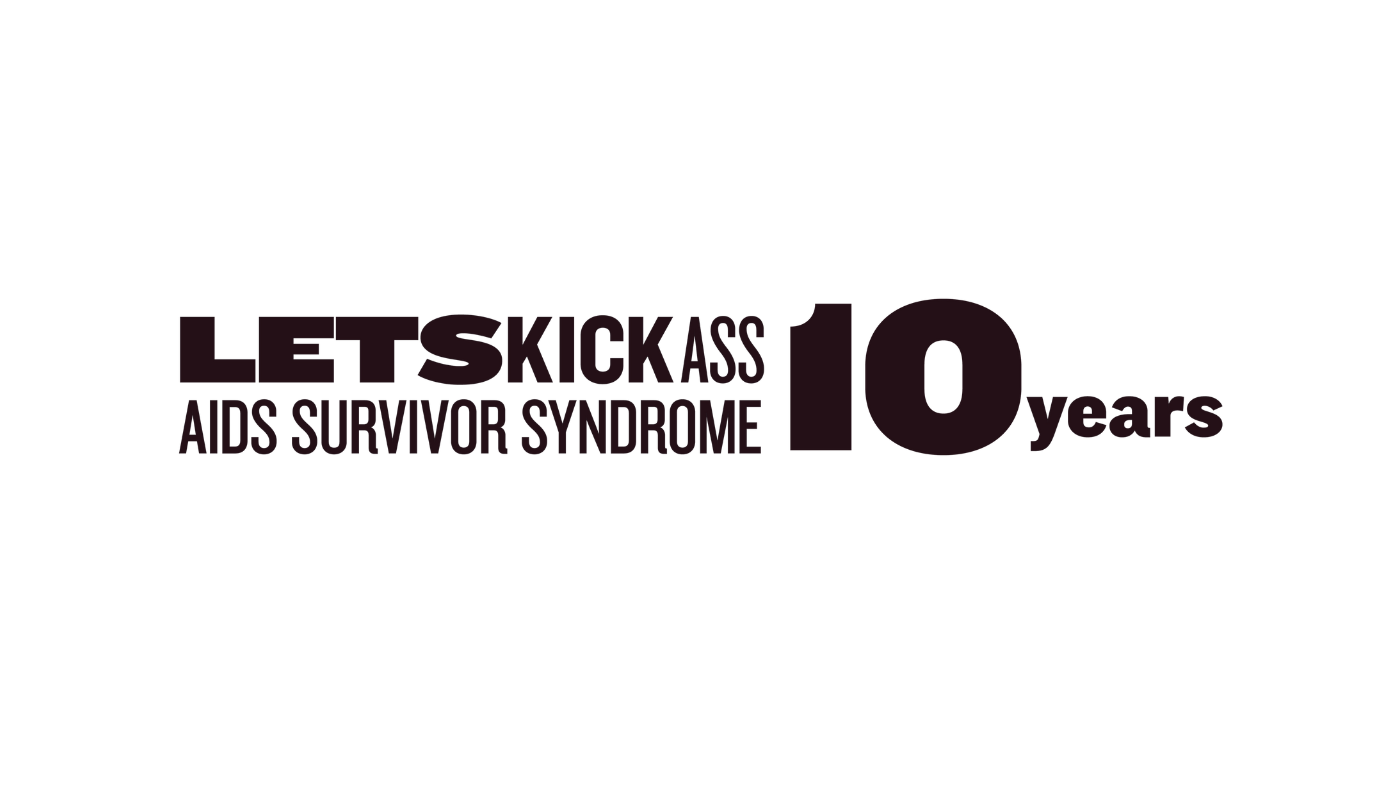
What Is AIDS Survivor Syndrome?
Before I go into the definition, signs, and symptoms of AIDS Survivor Syndrome (ASS), I want to stress one trait that is also part of ASS— our remarkable resiliency. What we lived through in the early years of the epidemic, and what we are facing now as the first generation to be aging with HIV, is the stuff of heroes and “the definition of brave.”
Dr. Ron Stall Ph.D. who studied and validated AIDS Survivor Syndrome calls it “street epidemiology, In other words, there is value in our lived experience. Read about the research here: https://bit.ly/LKAresearch
It is estimated 70% of older adults with HIV have symptoms of trauma.
As with many psychological issues, AIDS Survivor Syndrome falls outside of the limited diagnostic range of the Diagnostic and Statistical Manual of Mental Disorders, 5th Edition (DSM-5). Most of the time, the trauma affecting HLTS is referred to as “PTSD.” I prefer what Dr. Anthony Fauci used in the documentary “Fauci” “post-traumatic stress syndrome”.
AIDS Survivor Syndrome (ASS) describes the spectrum of sustained trauma resulting from living through the now 40-year-long AIDS pandemic. It is a way of describing the trauma and resilience of living in the aftermath of the AIDS epidemic. It could be described as a crisis of demoralization.
But ASS is not as simple as Post-Traumatic Stress. It’s more complicated.
ASS is a natural response to an extraordinary experience — living through the early years of the AIDS pandemic.
Post-Traumatic Stress or (PTSD) typically involves a single event or several events of limited duration. For survivors of the AIDS pandemic, PTSD may seem logical. To my mind, PTSD is a partial diagnosis at best because it does not encompass all the symptoms nor the variety of traumas that AIDS Survivor Syndrome does. PTSD does not encompass the ramifications of the nearly 40-year duration of the AIDS pandemic. June 5, 2021, marks 40 years of the AIDS epidemic—when in 1981, it was a mysterious illness that began killing young gay men and was dubbed “gay cancer.”
None of us imagined aging with HIV.
However, recently something else has caught my attention, and it is worth paying attention to. ASS has more in common with something called “demoralization” or Demoralization Syndrome. As described by Jerome Frank, demoralization is experienced as a persistent inability to cope, together with associated feelings of helplessness, hopelessness, meaninglessness, subjective incompetence and diminished self-esteem.”
I’m not a psychologist or a doctor, so some say ASS is not “real.” However, the messages, emails, and comments I’ve gotten affirm it is real and untreated.
“Let’s Kick ASS-AIDS Survivor Syndrome” is not just the name of our organization. It’s a call to action to build (or rebuild) powerful communities grounded in empathy. To quote Shakespeare, “what’s past is prologue,” meaning our histories set the stage for our future. It is up to us to make meaning of our experiences and define our goals and quality of life. It’s our task to define hope, find a sense of meaning and purpose, and embrace our role as elders, teachers, and leaders. It will be up to us to live a life worthy of our extraordinary journey. We do that by leaning into our empathy and not seeing our history of loss as simply tragic but the stuff of the “heroes journey.”
You can read a longer version of this on our blog site https://bit.ly/WhatisAIDSS

